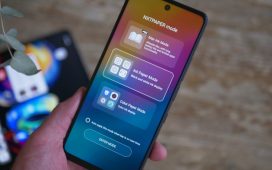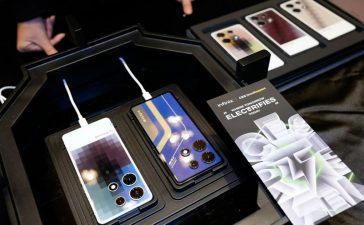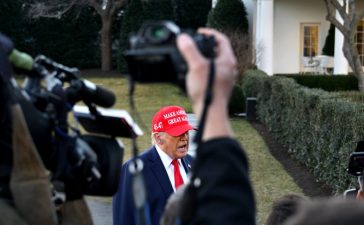The court’s ruling, which could come this month, will decide the fate of a powerful and pervasive cultural phenomenon that uses a sophisticated algorithm to feed a personalized array of short videos to users.
“Rarely if ever has the court confronted a free-speech case that matters to so many people,” a brief filed Friday on behalf of a group of TikTok users said. “170 million Americans use TikTok on a regular basis to communicate, entertain themselves, and follow news and current events. If the government prevails here, users in America will lose access to the platform’s billions of videos.”
The briefs made only glancing or indirect references to President-elect Donald Trump’s unusual request last week that the Supreme Court temporarily block the law so that he can address the matter once he takes office.
The deadline set by the law for TikTok to be sold or shut down is Jan. 19, the day before Trump’s inauguration.
Discover the stories of your interest

“This unfortunate timing,” his brief said, “interferes with President Trump’s ability to manage the United States’ foreign policy and to pursue a resolution to both protect national security and save a social-media platform that provides a popular vehicle for 170 million Americans to exercise their core First Amendment rights.” TikTok’s brief stressed that the First Amendment protects Americans’ access to the speech of foreign adversaries even if it is propaganda. The alternative to outright censorship, they wrote, is a legal requirement that the source of the speech be disclosed.
“Disclosure is the time-tested, least-restrictive alternative to address a concern the public is being misled about the source or nature of speech received — including in the foreign-affairs and national-security contexts,” TikTok’s brief said.
The government said that approach would not work. “Such a generic, standing disclosure would be patently ineffective,” Elizabeth B. Prelogar, the U.S. solicitor general, wrote Friday.












